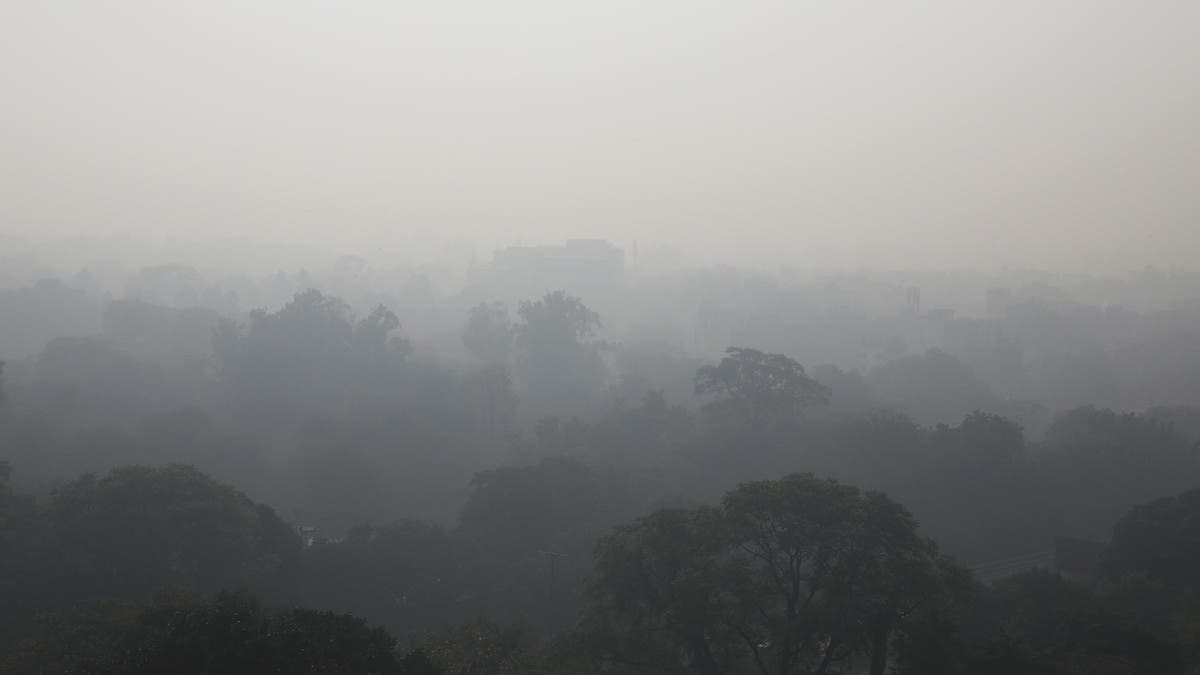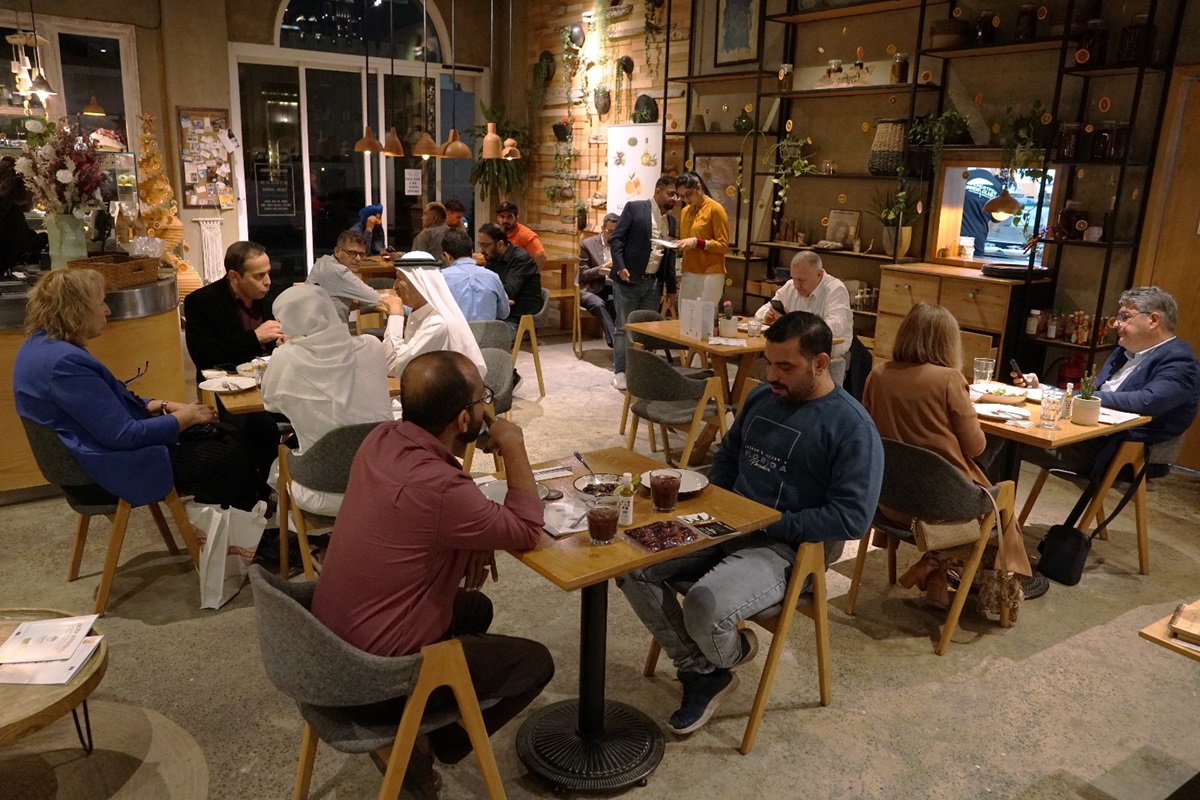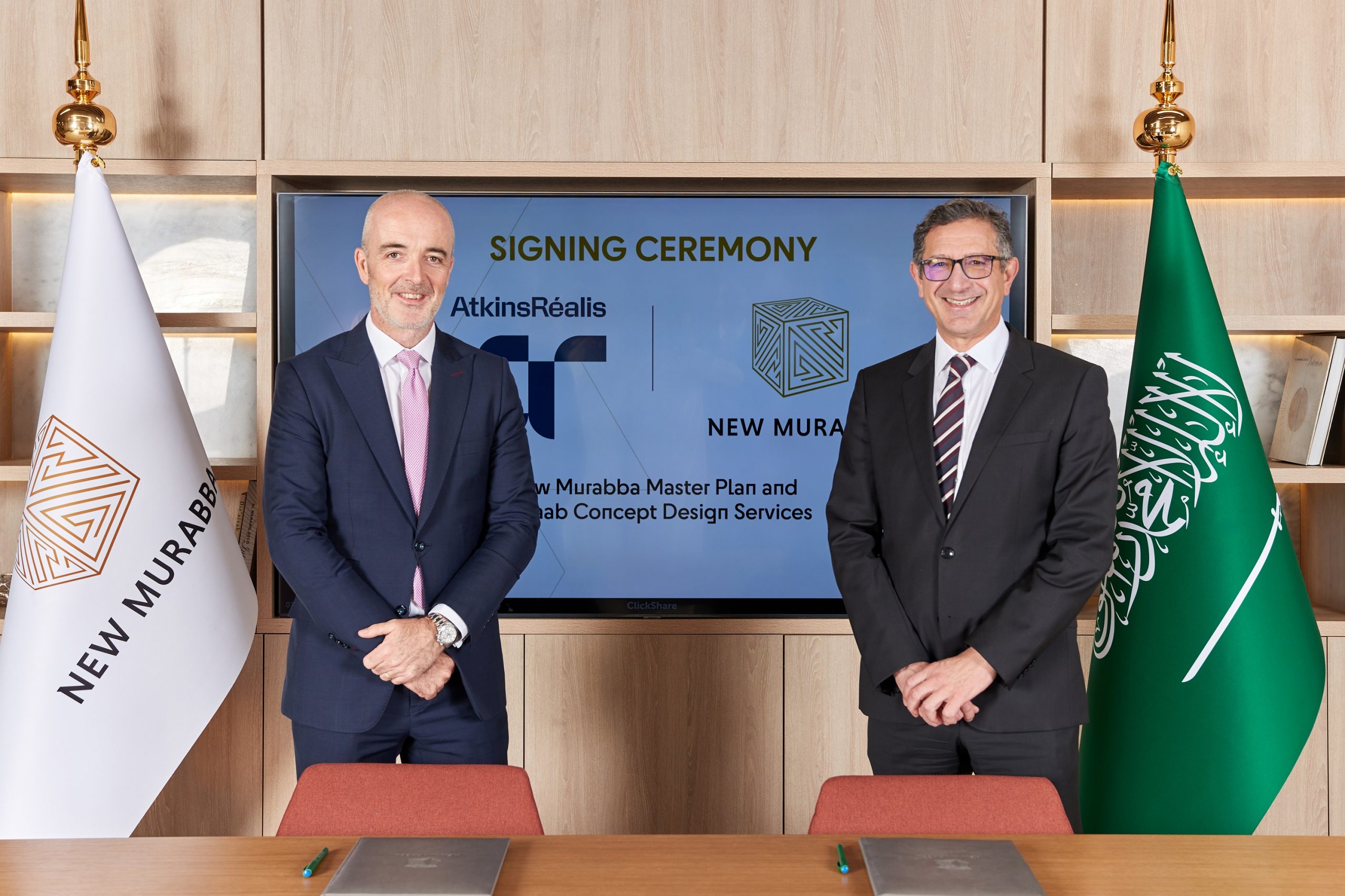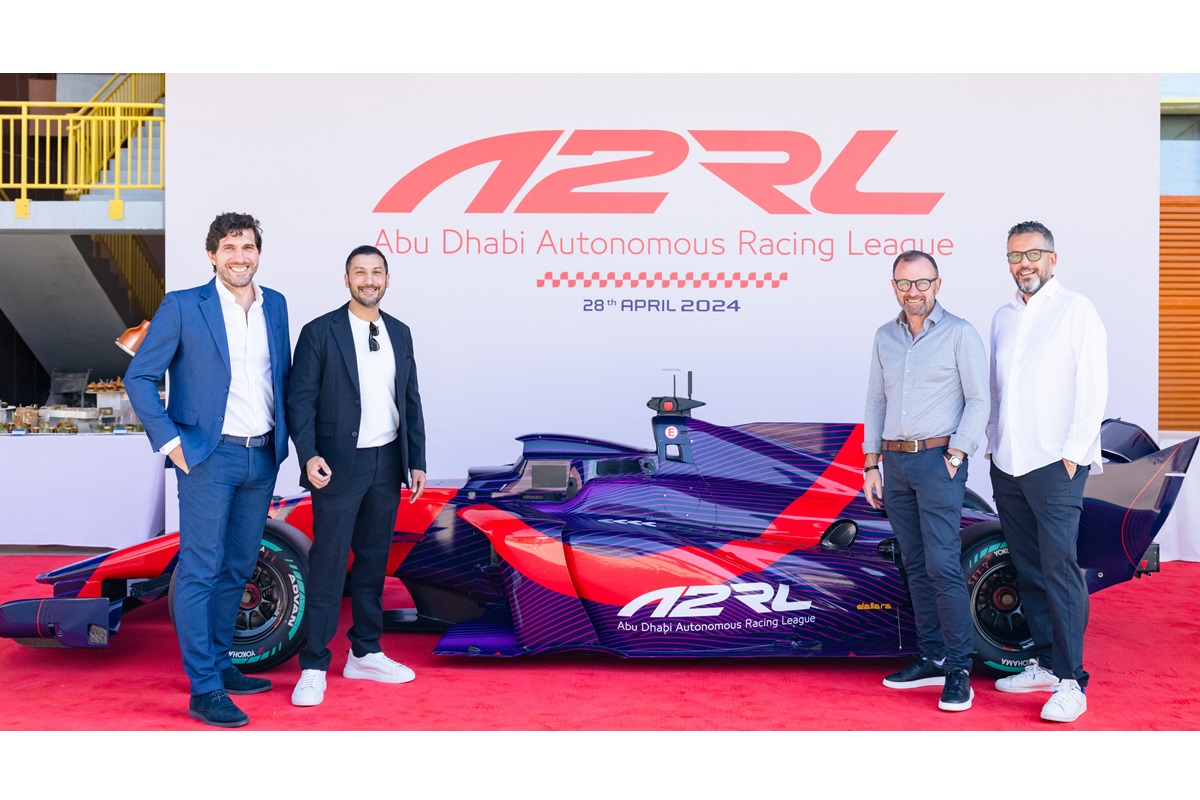The UN health agency says nearly everybody in the world breathes air that does not meet its standards for air quality, calling for more action to reduce fossil-fuel use, which generates pollutants that cause respiratory and blood-flow problems and lead to millions of preventable deaths each year.
The World Health Organization, about six months after tightening its guidelines on air quality, on Monday issued an update to its database on air quality that draws on information from a growing number of cities, towns, and villages across the globe — now totaling over 6,000 municipalities.
For the latest headlines, follow our Google News channel online or via the app.
WHO said 99 percent of the global population breathes air that exceeds its air-quality limits and is often rife with particles that can penetrate deep into the lungs, enter the veins and arteries, and cause disease.
Air quality is poorest in WHO’s Eastern Mediterranean and Southeast Asia regions, followed by Africa, it said.
“After surviving a pandemic, it is unacceptable to still have 7 million preventable deaths and countless preventable lost years of good health due to air pollution,” said Dr. Maria Neira, head of WHO’s department of environment, climate change and health. “Yet too many investments are still being sunk into a polluted environment rather than in clean, healthy air.”
The database, which has traditionally considered two types of particulate matter known as PM2.5 and PM10, for the first time has included ground measurements of nitrogen dioxide. The last version of the database was issued in 2018.
Nitrogen dioxide originates mainly from human-generated burning of fuel, such as through automobile traffic, and is most common in urban areas. Exposure can bring respiratory disease like asthma and symptoms like coughing, wheezing and difficulty in breathing, and more hospital and emergency-room admissions, WHO said.
The highest concentrations were found in the eastern Mediterranean region.
Particulate matter has many sources, such as transportation, power plants, agriculture, the burning of waste and industry –- as well as from natural sources like desert dust. The developing world is particularly hard hit: India had high levels of PM10, while China showed high levels of PM2.5, the database showed.
“Particulate matter, especially PM2.5, is capable of penetrating deep into the lungs and entering the bloodstream, causing cardiovascular, cerebrovascular (stroke) and respiratory impacts,” WHO said. “There is emerging evidence that particulate matter impacts other organs and causes other diseases as well.”
The findings highlight the sheer scale of the changes needed to combat air pollution, said Anumita Roychowdhury, an air pollution expert at Center for Science and Environment, a research and advocacy organization in New Delhi.
India and the world need to brace for major changes to try to curb air pollution: electric vehicles; a shift away from fossil fuels; a massive scaling-up of green energy; and households separating their types of waste, she said.
The Council on Energy, Environment and Water, a New Delhi-based think tank, found in a study that more than 60 percent of India’s PM2.5 loads are from households and industries.
Tanushree Ganguly, who heads the council’s program on air quality, called for action toward reducing emissions from industries, automobiles, biomass burning, and domestic energy.
“We need to prioritize clean energy access for households that need it the most, and take active measures to clean up our industrial sector,” she said.
Read more: Air pollution killing more people than smoking, say scientists


 World2 years ago
World2 years ago
 World2 years ago
World2 years ago
 Entertainment7 years ago
Entertainment7 years ago
 World7 years ago
World7 years ago
 Entertainment7 years ago
Entertainment7 years ago





